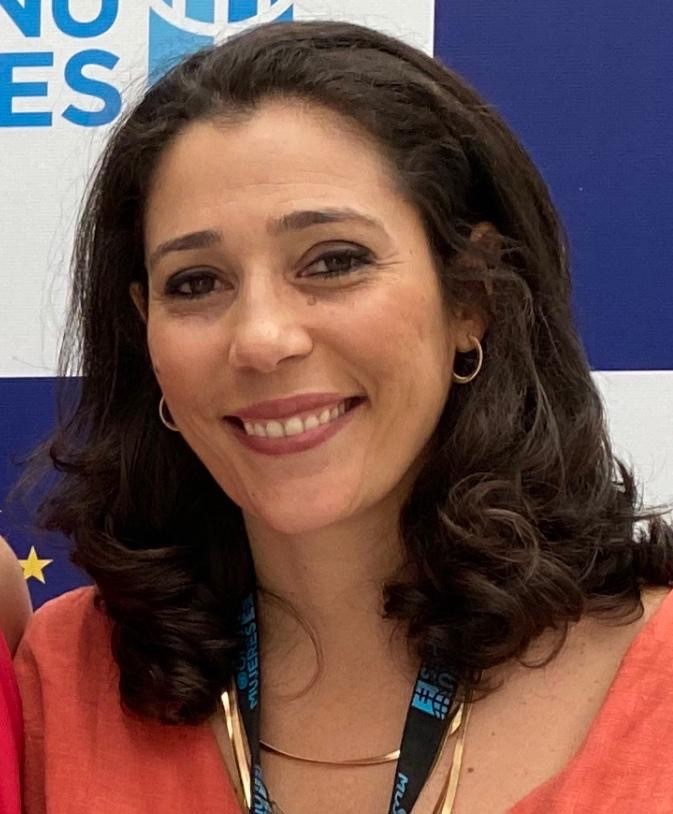Fernanda Papa a a Brazilian public policies specialist and human rights advocate, with experience in promoting women and youth rights in Brazil. She worked in UN Women’s lead in the agenda to promote Parity Democracy, tackle political violence against women and support Women Human Rights Defenders. Previously, she did for Oxfam Brazil and the Federal Government, where she led the national initiative to prevent lethal violence against the Black youth, and national network to assist women in violence and to tackle women trafficking.
Fernanda holds a journalism degree from the Catholic University of São Paulo, a post grad degree in international journalism from the same university, Masters in Public Administration and Government from Fundação Getúlio Vargas and Master in public administration in Harvard Kennedy School.
What do you think are the current challenges in the cooperation sector?
Besides the broader issues of shrinking spaces for civil society, increasing surveillance by the state and the cultural backlash that undermines rights-based policies and democratic values, I am interested in discussing and learning more about how INGOs are willing to redefine their strategic existence to support the leadership of those who were long on the margins. The criticism about new colonizers may not quite be fair. But what is to be learnt from it? How ready are INGOs to give up white privileges in power positions and promote the leadership of black and indigenous faces? Is there any generational challenge to be looked at? Sharing power internally and supporting processes and people to shift power externally are challenges that I currently see.
The technical expertise accumulated over the decades could better serve the smaller organizations, groups and networks that can grow stronger to put pressure and demands on the State. In the “somehow hate” societies, how well are INGOs providing safe spaces, exchanging knowledge and other resources to strengthen the partner organizations? On the internal level, talking mental health, why are people getting sick, not willing to shift from remote to office, not seeing the ways of working matching the organizations’ principles on gender equality, kindness, and solidarity? Bringing the joy back seems to be an issue.
How do you consider they should be faced?
I would always turn the good hope to the youth and to the wise. And wish I could be 20 years younger to bring fresher eyes to this sector reflection exercise. There is a lot at stake. Is the non-extractive, decolonial, participatory and caring Buen Vivir achievable? Again, the questions of what is new to learn, what should be let go and what to conserve in the values that the INGOs bring to the system resonates with me.
I feel that the INGOs could be more open to how young people are strategizing, acting and keeping safe in the digital world and offline. Making better use of AI, for example, to read the networks, spot whose voices are being more heard – by whom and saying what – to produce stronger narratives to dispute this arena.
And going beyond it, offline to the other real life. Including the relationship with donors – which should be more and more diversified. To be at service to enhance what is already being done by the partner organizations. Walk with them. What do they wish INGOs to do? Is planning together a possibility? “INGOrçamento participativo”? It seems that the Funds format, which reach more organizations and groups, could benefit new possible structures for the INGOs, or at least for some of them. We should allow more time to bring these types of “inquietudes” and air them together.



